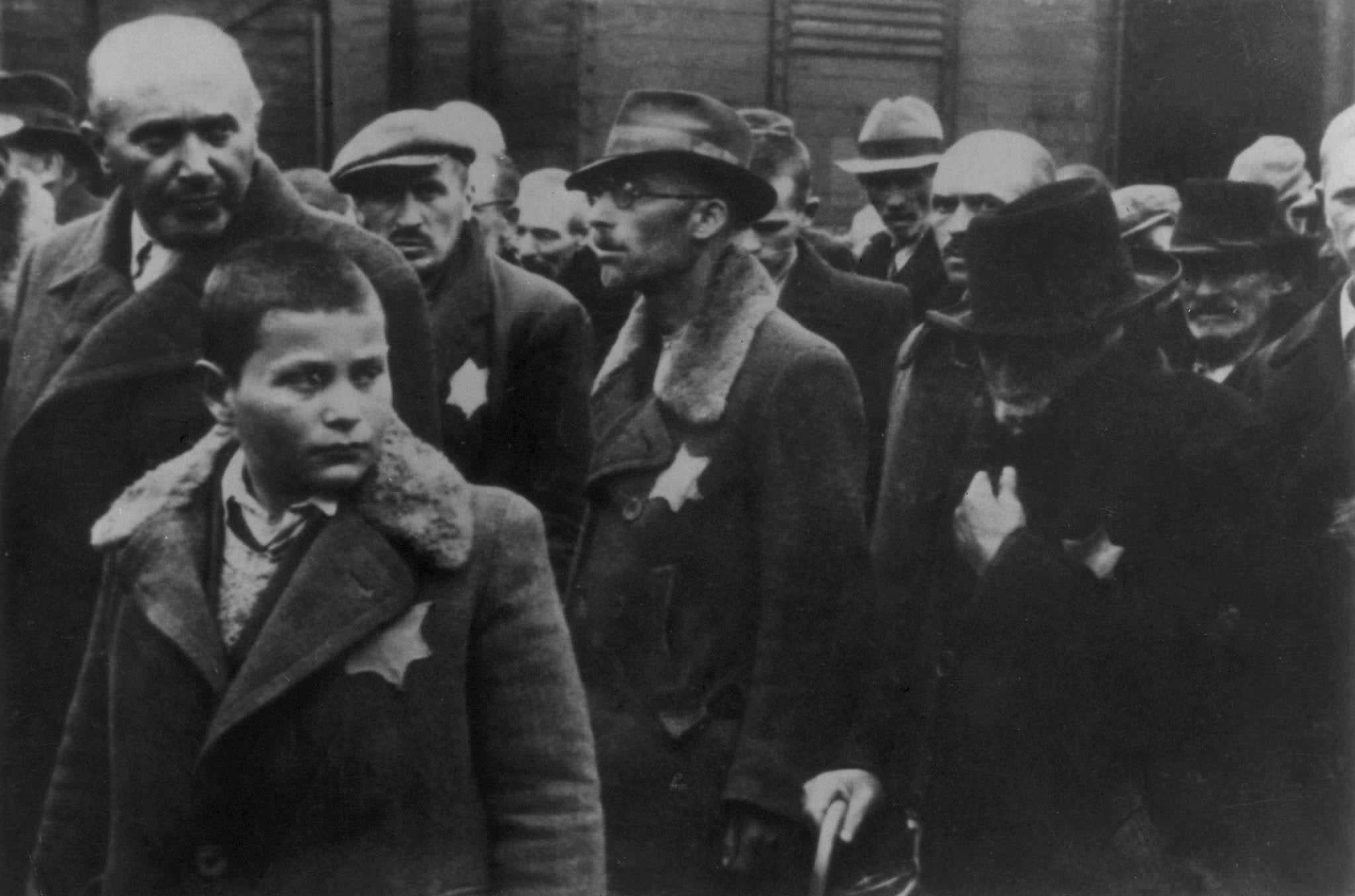Diary of the Fall by Michel Laub; Trans. Margaret Jull Costa, book review
Long after the war, Auschwitz still shapes a Jewish schoolboy's life

Your support helps us to tell the story
From reproductive rights to climate change to Big Tech, The Independent is on the ground when the story is developing. Whether it's investigating the financials of Elon Musk's pro-Trump PAC or producing our latest documentary, 'The A Word', which shines a light on the American women fighting for reproductive rights, we know how important it is to parse out the facts from the messaging.
At such a critical moment in US history, we need reporters on the ground. Your donation allows us to keep sending journalists to speak to both sides of the story.
The Independent is trusted by Americans across the entire political spectrum. And unlike many other quality news outlets, we choose not to lock Americans out of our reporting and analysis with paywalls. We believe quality journalism should be available to everyone, paid for by those who can afford it.
Your support makes all the difference.The memories recounted by the unnamed narrator of Michel Laub's excellent novel, Diary of the Fall, hinge on a moment of schoolboy cruelty. The narrator was among the boys who had purposefully let their classmate João fall on a tiled floor, causing him serious (although temporary) injuries, while giving him the usual "13 bumps" on his birthday. The boys, like the narrator, were from rich Jewish families and went to a posh Jewish school. João was a poor, gentile scholarship student, who – unlike some others – did not resist being bullied as a "son-of-a-bitch goy".
But other stories lurk behind this one. Above all, the untold stories of the narrator's grandfather, a survivor of Auschwitz who spends his last years filling notebooks with banal descriptions of what he has experienced in Brazil – milk, hospital, etc. – before ending his life in a manner whose implications his son, the narrator's father, cannot face. Instead, the father turns Auschwitz and inherited memories of persecution into a mantra that dominates his conversations with his son until, soon after the brutal "13 bumps", the son refuses to listen. This leads to a fight between father and son, the resolution of which is among the many memories that the narrator revisits when, at the age of 40, he is told that his father is suffering from Alzheimer's. The ailing father, like and unlike the grandfather, starts keeping a memoir.
Like his grandfather and father, the narrator is writing a private text, a "diary", also in the sense that Laub's novel is not paginated but consists of numbered paragraphs and some longer "notes". This involves verbal repetition and frequent returns to key memories. There is a kind of online reviewer, brought up on the neoliberal belief that whatever he (it is almost always a man) does not understand or like is the author's fault, who will complain about this. But Laub is trying to create both an incantatory effect and gradually excavate the past; he succeeds brilliantly.
Right at the start, the narrator expresses hesitation about recounting holocaust stories, and in some ways this determines the tone of the novel. It is a novel largely told through negatives, obliquely, which is why phrases like "I do not really know" and "I cannot say" recur. The negatives also structure the stories in the notebook of the grandfather, who writes nothing about his sufferings in Auschwitz or the relatives he lost there, and nothing personal about the family he created in Brazil. But, and this is just one indication of Laub's skill, the Nazi nightmare comes through in the grandfather's obsessive identification of "the most rigorous of hygiene regimes" in everything he praises. Similarly, the father – by using Auschwitz and the generic sufferings of Jews as a screen to avoid facing the personal trauma of his father's death – deals with negatives, as does the novel.
A gripping, thoughtful novel, fluidly translated, Diary of the Fall falters, only slightly, in the concluding pages, which shift from exploration to explanation. By focusing on an act of childhood brutality and its mundane consequences, Laub beautifully retrieves the tragedy of the holocaust from its scholarship, politics and deniers, cutting to the bone of human life, its longings and limitations.
Tabish Khair's latest novel is 'How to Fight Islamist Terror from the Missionary Position' (Corsair)
Join our commenting forum
Join thought-provoking conversations, follow other Independent readers and see their replies
Comments